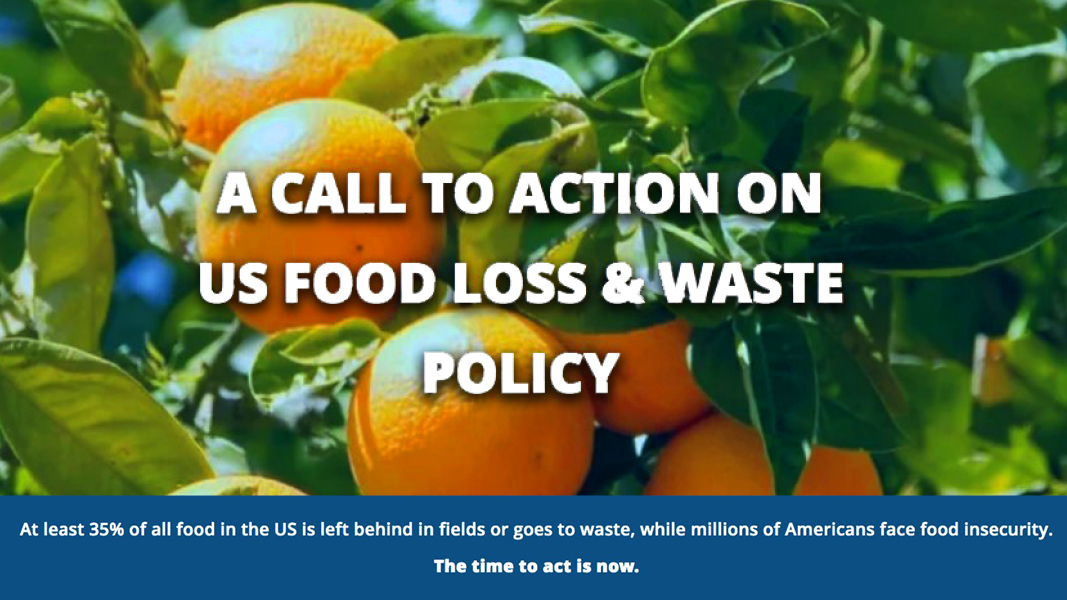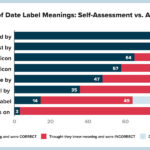The Natural Resources Defense Council (NRDC), Harvard Food Law and Policy Clinic, ReFED, and the World Wildlife Fund are leading the call on Congress and the Biden administration to undertake policies to address food loss and waste (FLW). It released the U.S. Food Loss & Waste Policy Action Plan in April that prioritizes the following policy measures:
- Invest in infrastructure to measure, rescue, recycle, and prevent organic waste from entering landfills and incinerators.
Actions include: Offer funding to states and cities that incentivizes organic waste measurement, rescue, recycling, and prevention; require development of food waste measurement planning and transparency; build demand for compost; and eliminate barriers to feeding food scraps to animals.
- Expand incentives to institutionalize surplus food donation and strengthen regional supply chains.
Less than 10% of excess food is donated rather than wasted, according to the action plan. “Through policy revisions, creating alternative markets, and strengthening regional supply chains, we can make it easier for farmers, retailers, and all foodservice organizations to donate excess food to help feed those in need in our communities.” Policy actions include: Expand the federal enhanced tax deduction for food donation to include nonprofit sales and transport; enable greater food donation by farmers; strengthen liability protections for food donation; clarify guidance on food safety for donations; and continue to create alternative market channels for producers and consumers.
- Assert the U.S. government’s leadership on FLW globally and domestically.
“The U.S. has one of the world’s highest levels of food waste per person,” explains the Plan. “It is vital for the nation’s food security, climate, economic, and recovery objectives that we set a leading example on how to drive solutions.” Actions include: Require federal facilities to measure, rescue, recycle, and prevent organic waste, and to purchase finished compost products; fund and incentivize FLW innovation; and boost funding for the federal interagency effort to reduce food waste.
- Educate and activate consumers via private and public food waste behavior change campaigns
Actions include: Research and awareness campaigns to reduce consumer food waste, and passage of the School Food Recovery Act.
- Require a national date labeling standard.
Date label confusion is one of the leading causes of consumer and consumer-facing business food waste. What’s needed are consistent labels, standardized at the federal level, and streamlined public education on how to use and interpret. The action is simple: Pass the Food Date Labeling Act.
All the specific actions indicate which federal agency(ies) should implement the policy or whether it requires a Congressional action. “There are exciting signs of progress to reduce food waste across the country, but more coordinated action must be driven by the federal government to achieve our imminent goal of 50% reduction by 2030,” state the organizers. “Because food waste occurs at every stage of the food supply chain, including in businesses and homes, the strategies to reduce food waste must come from all sectors and all regions, supported by federal funding, real leadership, and a strong directive for action. We have a plan, and now we need federal action.”













